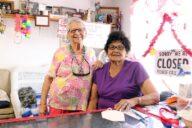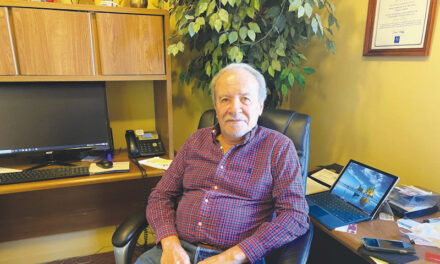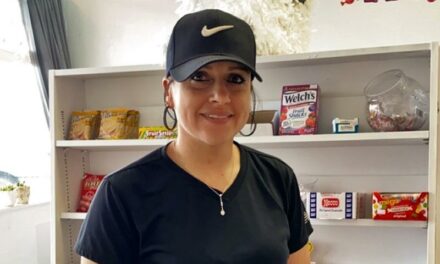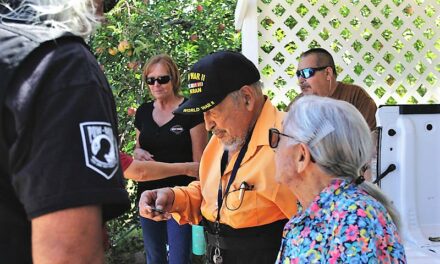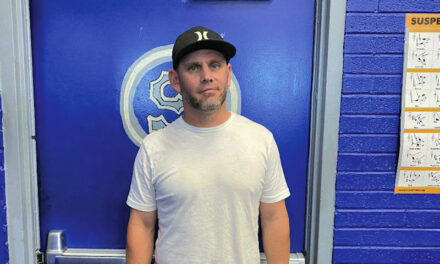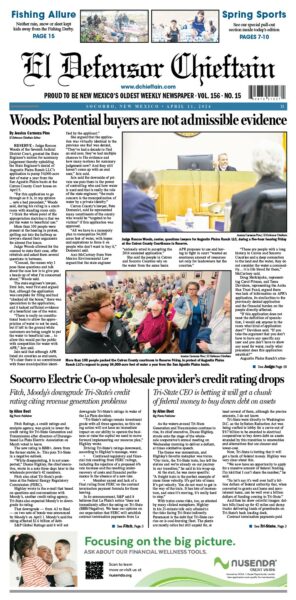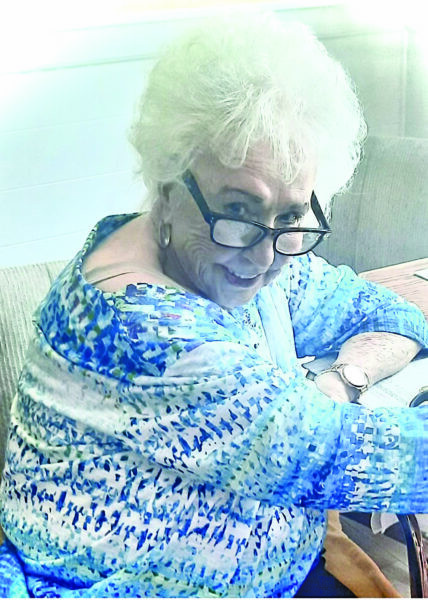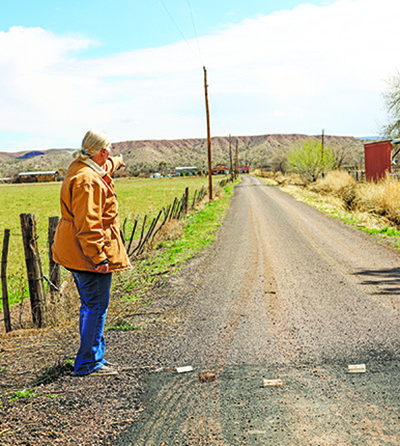The events of 2020 left an indelible mark on the year. The pandemic, political unrest and economic uncertainties still hang over people’s daily lives with no known resolution. Yet even as people grapple with grief and a plethora of emotions, some are talking about new determination, new visions and lessons learned from the past year.
Answering a series of questions posted on social media, individuals listed how the year had changed them, and what they think will be carried forward. Their answers reflect a new focus; a greater awareness of others and social inequities, a re-examination of personal priorities and life standards were among their lessons learned.
“The realities of this health crisis, as I see it, are that most of us are experiencing the following,” wrote Judy Stanley. “Fear of being infected and losing our life, or worse, losing a loved one, deprivation of social interaction, the loss of our livelihoods, our business and our financial resources, plus the obvious disparages this health crisis has revealed about our country and our world (that) cause many of us to feel helpless.”
For some, the focus turned to staying, or becoming healthy, with a renewed commitment to exercise and eating right. For others, it was a renewed commitment to their family and friends.
“COVID has made me much more appreciative towards things that I used to take for granted,” said Dana Lynn. “My health, my family, toilet paper.. lol. I am also finding that positivity is a huge factor in my happiness. Looking at my solitude as peaceful, instead of lonely. Feeling thankful for the things surrounded by my family, instead of irritated by the closeness. Looking at every process and moment with a cup half full attitude instead of feeling confined.”
“Two tendencies I’ve developed in 2020 that I think will be longer-term are reining in my spending to essentials so that I can invest more in people, and also driving less,” said Mary Templeton. “Because my social life has moved online, the people I’m most closely connected with at the moment are friends with common interests who are geographically far-flung. When I’m finally able to reconnect with friends in my community, I hope my national/international connections stay strong as well.”
Others spoke in the same vein.
“Treasuring my friends and family and treasuring interactions with them,” said Karin Williams. “I took a lot for granted before,”
Several said they were struck by heightened awareness.
“We are more aware of those less fortunate, more aware of politics, more aware of everything,” Francie Durant wrote.
She said her husband had been due to retire but decided against it. “Because of uncertainty, I think many people reasoned that if you had a job that was safe to do, you definitely should keep it,” Durant said. “So we stayed home, canceling our retirement plans. We are lucky to live in a state where we can easily get out remotely to exercise. We take advantage of that. We also enlarged our summer garden and planted an over-winter garden. We spend more time engaged with nature.
“We miss our work and social interactions,” she said “Our social group is dwindling but we have become much closer to the few people we do socially distance or Internet interact with. We have heard from and contacted many people whom we hadn’t seen or heard from in many years. This includes distant family who we weekly Zoom with and know much better now.”
Martha Cather agrees.
“I was going to retire but continue to work, mostly because we figured there wasn’t a lot else to do, and who knew what economic uncertainty might play out?” she said, adding that being forced to stay home has had its good and bad points. “I really appreciate the opportunity to enjoy the views from my own beautiful place,” Cather said. “Working from home is mostly great, except for dicey internet connections.”
Like many, Cather said she was having a hard time keeping a positive attitude especially during the winter, not her favorite season. “Still,” she said, echoing Durant, “Fran’s last paragraph about awareness is spot on for us as well.”
Dana Lynn agreed.
“We are definitely more conscientious, more aware of our health, and staying healthy,” Lynn said. “We’re also much more aware and appreciative of the risks others take to keep our society rolling. In the past I wouldn’t have thought that stocking a grocery store or working at a drive-thru would’ve been as impactful as it truly is. People heading out, each day, literally putting their lives at risk in service of the community. It makes me proud and very appreciative. And we do our best to support our local businesses, more so now.”
Others took a wider societal view of the pandemic, but reduced it to a personal challenge.
“I had trained for a pandemic and worked through the 2009 one, but I didn’t ever quite see this coming,” said retired nurse Terri Cook. “The first thing I noticed about COVID in New Mexico was the racial and healthcare disparities. 2020 gave us all the opportunity to see so many ways that racial disparities play out in our country. So, I’ve been studying, learning, having discussions, watching, reading, and looking within. That will be ongoing into this year and beyond. I am hopeful that more and more folks like me are also having similar experiences.”
Judy Stanley was another who had studied pandemics. She said her first college science class studied pandemics.
“It was clear to me then that the microbes greatly outnumber the humans and have the ability to do grave harm,” Stanley said. “Since that time of my own increased awareness, I have remained reasonably up-to-date on what the experts are doing to prepare for such inevitability.
“The key to success is a coordination of efforts, resources, and truthful dissemination of all available and updated information,” Stanley said. “Tragically, this is not what is happening. Mis-information, dis-information, alternative facts (?) are as powerful if not more so than the virus itself.”
Jan Deininger, another former Socorroan, said the pandemic, “has made me realize even more how inter-dependent we are and that environmental degradation caused by technology and overpopulation brought us to this point. There will be more viruses around the corner. Education is the key to people understanding the science behind what is happening.”
But in the final analysis, even those who wrote about the bigger picture and society’s role in healing, pared the experience down to their personal resolutions. For Deininger, it involves researching alternative medical options, wading through the confusing information, and “making a very large number of masks for my family and extended family.”
For Judy Stanley, it means joining a “worldwide organization whose mission is to reach out in local communities to start and continue the conversations concerning how we overcome our differences and rally to mediate the problems that will surely destroy us if not resolved.”
The saving grace for Terri Cook is her music and the weekly Zoom open mics hosted by Jim Ruff. “We’ve had better attendance than we ever did live. …I’m not sure I want that to end,” she said. “Songwriting has been my jam for the last few years so I had lots of time and lots of writing fodder and wrote close to 70 songs last year. I have never in my life stayed home, on my own, for this long of a time. I learned lots about myself, and my cat absolutely finds this lifestyle to her liking.”


